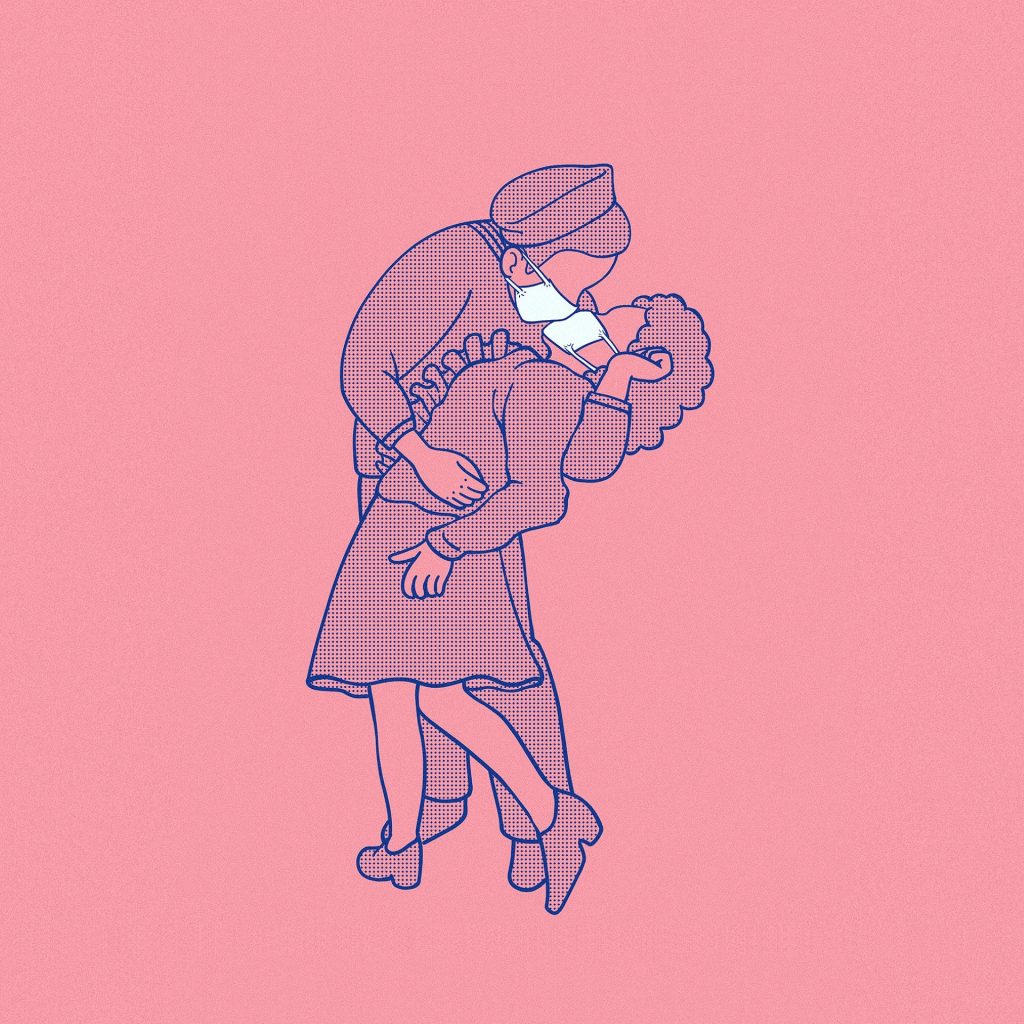The Coronavirus Pandemic wreaked chaos over almost all global societies. Many countries are dealing with overcrowded hospitals, economic failure, and a lack of precautionary measures against the spread of the disease. The issuance of “stay-at-home” orders that most governments have instituted have proven to be successful in preventing the spread of COVID-19, but these have caused other issues as well. Countries that had preexisting problems with high crime rates, particularly gender-based violence or domestic violence have to deal with growing rates as victims are being forced to quarantine with their abusers, and law enforcement is more focused on preventing citizens from contracting the virus. South Africa is one of the countries most plagued by this dilemma. South African government officials are having to take measures to limit gender-based violence as well as the coronavirus, but plans on extending its stay-at-home order, despite pleas from citizens. One can consider if further preventing the spread of the disease is worth the loss of life due to domestic violence, and if so, how can a government prevent violence inside the home if people are ordered to stay in their homes?
To deal with the growing pandemic, South African president Cyril Ramphosa issued a lockdown for the entire country beginning on March 26, 2020 and set to end on April 16, 2020. At the time, the country had 554 cases and zero deaths. This lockdown meant that citizens would only be allowed to leave their houses to buy medicines, food, or supplies, or to seek medical care. The president closed all schools, declared a state of emergency, and said only essential workers should be exempted from these restrictions. South Africa already has high rates of HIV, tuberculosis, poverty, and malnutrition that could lead to large portions of people being susceptible to the disease. Police and army personnel were sent out to enforce the restrictions (Smith 2020). As of April 13, the country now has 2173 cases and 25 deaths. But South Africa is facing other problems that threaten masses.
Since the lockdown was announced, as of April 13, 148 people have been arrested in South Africa due to gender-based violence, according to CNBC. Additionally, vandalism and theft have increased (Smith 2020). Gender-based violence is ordinarily a huge problem in South Africa, but the pandemic has exacerbated this problem. The Crime Against Women in South Africa Report shows that femicide rates, as in the murder of females by males, are five times higher in South Africa than the global average (Central 2019). Scholars debate the cause of the gender inequality in South Africa, but many believe that it is attached to the country’s racial inequality and roots in colonialism. Apartheid made way for South Africa’s rape culture. Nowadays, South Africa’s ethnic polarization on the basis of race perpetuates its rape culture as well. South Africa refers to itself as the “rainbow nation” due to its conglomeration of different cultures and supposed acceptance of them. However, the country has had many issues with social inequality in the past, highlighted by protests and social media activism movements like #FeesMustFall and #RhodesMustFall. Racial inequality, which was protested in these two movements, often goes hand-in-hand with gender inequality, and South Africa seems to fit this mold.
After complaints from the South African people, President Ramaphosa addressed the growing crime rates in an open letter to the South African public. He called the criminal acts “despicable” and cited victims like Mama Ngenzeni Zuma and 14-year-old Simphiwe Sibeko who have been murdered during the lockdown (Ramaphosa 2020). The president stated that even during the pandemic, the country is still implementing its Emergency Response Plan to end gender-based violence and ushered police to be swift in their arrests of the assailants. Finally, the president condemned all violence and said that the country is still fighting to end gender-based violence (Ramaphosa 2020). While this letter was absolutely necessary, one could question if the president is doing enough to prevent gender-based violence during this pandemic. I believe that the effects of this pandemic on gender-based violence could last far beyond when the lockdown is lifted. During this time, abusers are beginning cycles, and women are getting stuck inside with them. It could make it much more challenging to leave an abusive relationship even when it is legal for people to leave their homes. Furthermore, if the police are more focused on keeping people from traveling, then they are less likely to arrest and prosecute perpetrators of gender-based violence. Gender-based violence is a systemic issue, and the pandemic is contributing to the cycle already in existence.
Still, one may ask: how can governments protect both those who are vulnerable to COVID-19 and those who are vulnerable to gender-based violence? Is it okay for governments to put domestic violence on the backburner in times like today’s? Or should special circumstances be allowed for women whose partners put them in danger?
Works Cited
Smith, Elliot. “South Africa’s Ramaphosa blasts ‘despicable’ crime wave during coronavirus lockdown,” CNBC. 13 April 2020. Accessed 13 April 2020. Web. https://www.cnbc.com/2020/04/13/south-africas-ramaphosa-blasts-despicable-crime- wave-during-coronavirus-lockdown.html
Ramaphosa, Cyril. “From The Desk of the President,” The Presidency Republic of South Africa. 13 April 2020. Accessed 13 April 2020. Web. https://mailchi.mp/presidency.gov.za/president-desk-mon13apr20
“Coronavirus in South Africa: Lockdown extension condemned,” BBC. 10 April 2020. Accessed 13 April 2020. Web. https://www.bbc.com/news/world-africa-52241727
Central, Caxton. “South Africa’s shocking gender based violence statistics,” Alberton Record. 6 Sep. 2019. Accessed 13 April 2020. Web. https://albertonrecord.co.za/225326/south- africas-shocking-gender-based-violence-statistics/

